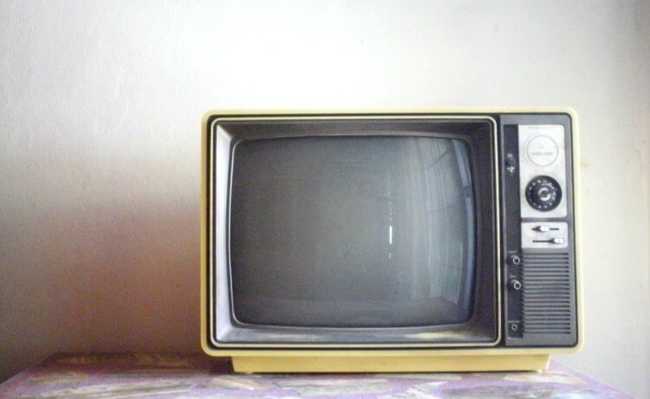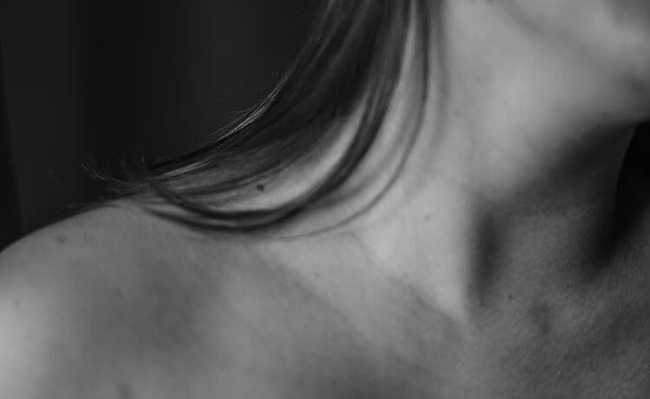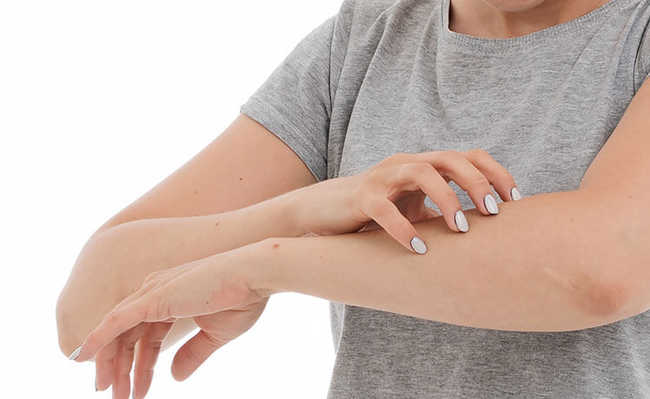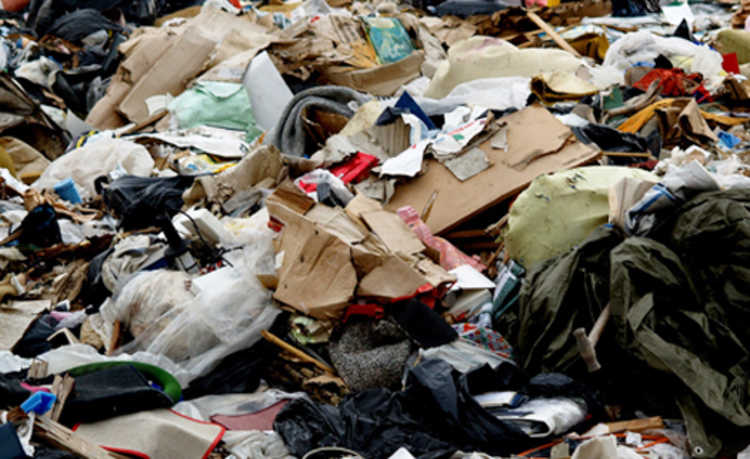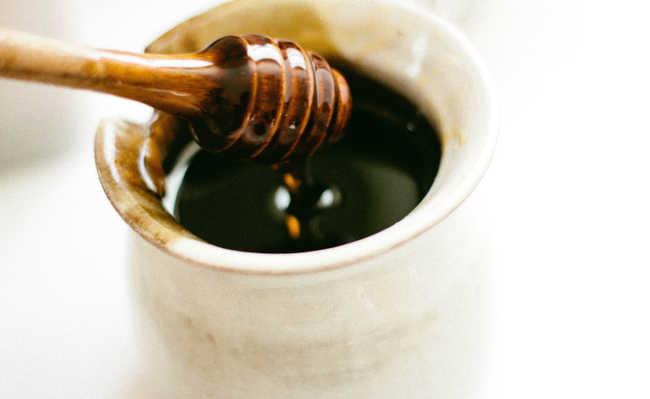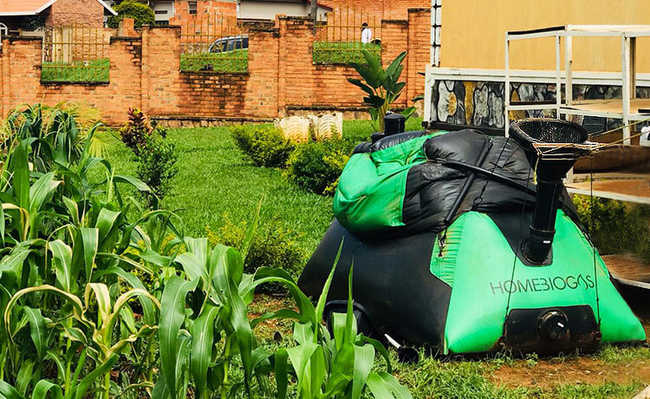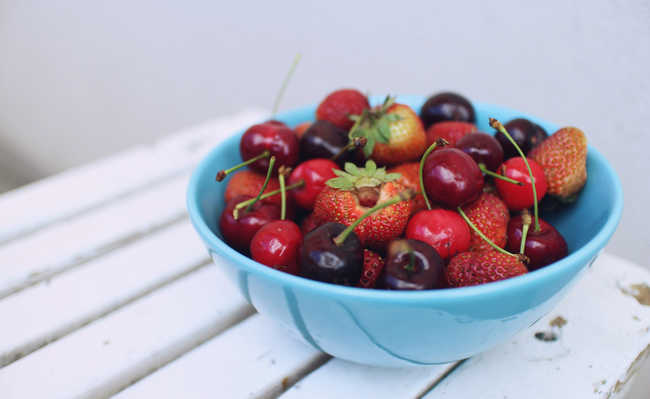Vegetable loofah: how to use it and its many benefits
Vegetable loofah has several uses, benefits and is more sustainable than plastic models
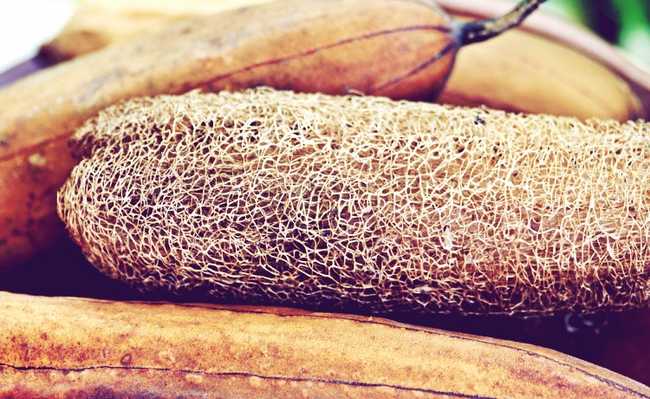
Image: Luffa/vegetable loofah by Guilherme Jofili is licensed under (CC BY 2.0)
The vegetable loofah, or vegetable sponge, is a fruit that grows on a tall climbing plant, belonging to the genus huffa. Vegetable loofah is specially cultivated by the fibers of the dried fruit, which are mainly used as a bath sponge, cleaning sponge and even as an insole.
As a fruit, vegetable loofah is more sustainable than polyurethane sponges (petroleum-derived plastic), as unlike polyurethane, it biodegrades easily and can be recycled at home through dry composting (wet composting, or with earthworms, is not recommended as detergent or soap can be toxic to earthworms). Learn more about this topic in the Composting Guide.
Vegetable loofah is cheaper (if bought at fairs and local markets) and even more profitable, as it can be cut into pieces, despite lasting as long as a synthetic sponge. Using vegetable loofah, you also encourage small farmers who produce the plant and preserve the use of plastic materials for more noble uses than being raw material for a contaminating object, with a very short useful life. In addition, the vegetable sponge has benefits for the health and aesthetics of the skin, care with dishes and utensils. Check out!
- There are microplastics in salt, food, air and water
- Understand the environmental impact of plastic waste on the food chain
- Is a dishwasher sponge recyclable? Understand
Benefits of vegetable loofah
natural exfoliation
Vegetable loofah is a great natural exfoliant, it helps to remove impurities, blackheads, ingrown hairs and dead skin cells, providing a cleaner and revitalizing appearance.- Home scrub: six how-to recipes
- Flaxseed Flour: A Sustainable Way to Exfoliate Your Skin
- Natural apple scrub provides hydration and firmness
- The benefits of natural exfoliation with apricot seed
- The danger of microplastics in exfoliants
Helps moisturize dry skin
Those with dry skin can perform stronger movements with the vegetal sponge on the skin to help stimulate the sebaceous glands, which are essential for skin hydration.
Cellulitis
If used while bathing, vegetable loofah can help reduce the appearance of cellulite. That's because massaging the cellulite-affected skin with light pressure helps to activate local circulation, which reduces the appearance of cellulite in the short term. The friction of the massage with the vegetable loofah on the skin also damages the fat cells (causing cellulite), which makes them need to rebuild, allowing the skin to realign and distribute itself more evenly.
Dishware
Vegetable loofah also provides benefits for your home. It cleans dishes as well as a synthetic sponge and has the great advantage of not scratching the dishes.
If you have problems with those hard-to-remove crusts, join the loofah with steel wool, another alternative for washing dishes, as it is a material that decomposes more easily when it oxidizes, with less significant damage. to the environment than synthetic polyurethane sponges.
Breast-feeding
According to Daniela Vieira de Lima, an obstetric nurse at the Hospital and Maternity São Cristóvão, in São Paulo (SP), the breasts should begin to be prepared during the third trimester of pregnancy. In addition to exposing the areola of the breasts to the sun (before 10 am or after 4 pm), it is also necessary to massage them with the vegetable loofah to facilitate the baby's grip.
Vegetable loofah in house cleaning
Better than synthetic sponge and steel wool, in addition to being sustainable, vegetable loofah does not scratch tiles, utensils, glass and wood furniture.
plant your vegetable bush
It is possible to grow your vegetable loofah at home! Learn more about this topic in the article: "Grow your own vegetable bush" or in the following video:
How to soften vegetable loofah
If you grow it at home, just remove its husk and seeds, soak it in warm water for 30 minutes and let it dry. After that, you'll be ready to use it with no weight on your conscience!
Maintenance
In research at the Clinical Microbiology Laboratories of the Monte Sinai Hospital in New York (USA), three doctors realized that leaving sponges in a humid environment, such as in our bathrooms and kitchens, causes the proliferation of bacteria, some even dangerous (of the type present in hospital infections). For readers with immune-related illnesses such as lupus, anemia, hemophilia, diabetes, or post-surgery periods, it's worth paying attention.
Sponges not yet used, but moistened, have sparse colonies of bacteria in the form of bacilli and staphylococci that, if not sanitized, evolve into a flora of bacteria resistant to antibiotics and the defenses of the human body. But calm down, with proper cleaning and taking care of your health, all this can be avoided.
The main thing is that you let the vegetable loofah dry completely between washings, preferably in the sun, so the bacteria do not find an environment to propagate. It is also important that the kitchen window and door are always open - and if you want extra care, always wash the washcloth after use.
Decontamination methods are no longer recommended. Placing a sponge in the microwave can increase the amount of pathogenic microorganisms. Learn more about this topic in the article: "Is it possible to decontaminate the kitchen sponge?".
If your sponge is a different color than it was when you bought it, or it smells weird, or more gelatinous than rough, then there's nothing you can do but change it—all of which are signs of a highly populated bacterial culture. Purchase your loofah at the eCycle portal .


